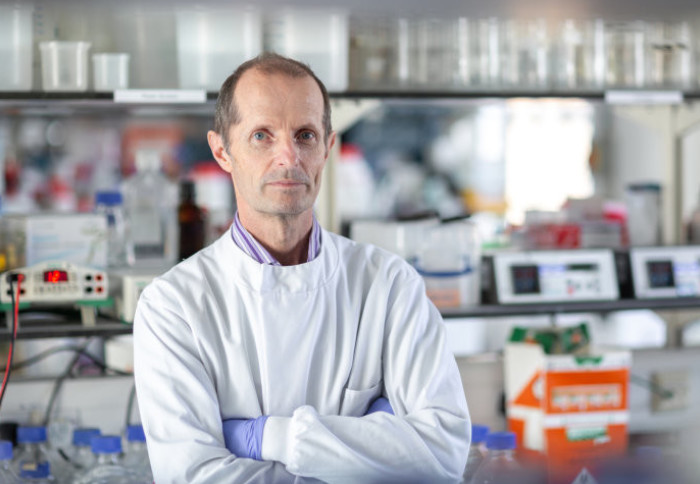Robin Shattock says 'we could be living with COVID-19 for years to come'

Imperial’s COVID-19 vaccine lead, Professor Robin Shattock, has told MPs we could be living with the virus for years to come.
Professor Shattock, speaking to the Science and Technology Committee, said that a vaccine would make life much better and reduce fatalities but we are still likely to be living with the virus for the next few years.
Professor Shattock, from the Department of Infectious Disease, also updated MPs on the progress of Imperial's vaccine.
Professor Shattock said: "Right now we don’t know which if any of these vaccines will work, and what success will like, whether that’s success at preventing disease or preventing transmission.
"One of the advantages of the technology we are developing is it can be used for repeated boosting immunisations, either to boost existing vaccines or itself.
"If immunity wanes, we would be well positioned with this technology to provide boosting strategies for the UK.
"Until we get information about whether any of the vaccines block transmission, the question about rolling out widely in UK population remains unanswered."
He added: "It’s certainly possible the first vaccines may reach the bar of preventing severe disease but may not necessarily block transmission.
"They may be introduced first but as we see later vaccines that may be more potent, we may see they are replaced.
"It's quite likely we will have a number of vaccines introduced and we won't know how long they provide immunity for, so we certainly need to have a strategy for re-boosting.
"The approach we are developing is particularly suitable for re-boosting campaigns because you get no immunity against the vaccine itself which can occur in some other vaccines."
Imperial's pioneering vaccine technology
Imperial’s vaccine against COVID-19 will train the body’s immune system to recognise the virus and help it to defend itself against a future attack.
Traditional vaccines are often based on a weakened form of a virus or parts of it, but the Imperial vaccine is based on a new method. Instead, it uses bits of genetic code (called self-amplifying RNA), rather than bits of the virus.
Once injected into muscle, the cells should produce copies of a protein found on the outside of the virus. This trains the immune system to respond to the coronavirus so the body can easily recognise it as a threat in future.
Article text (excluding photos or graphics) © Imperial College London.
Photos and graphics subject to third party copyright used with permission or © Imperial College London.
Reporter
Stephen Johns
Communications Division